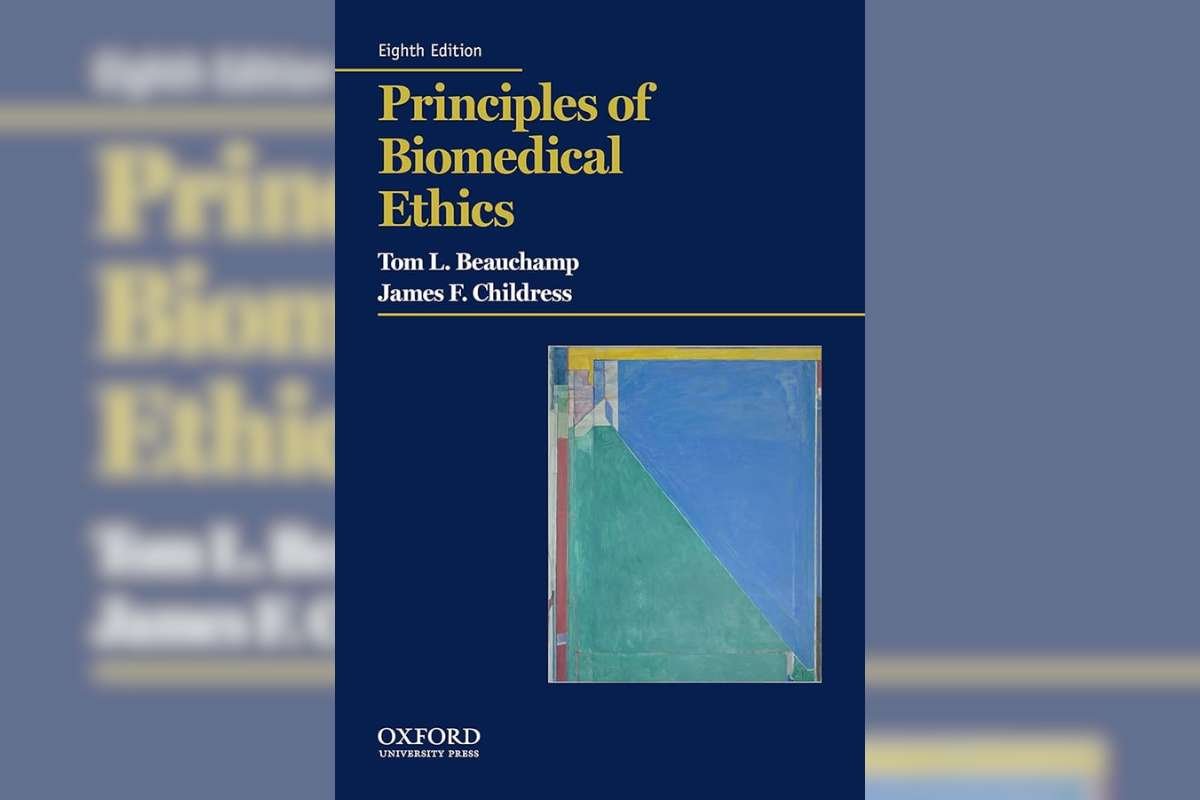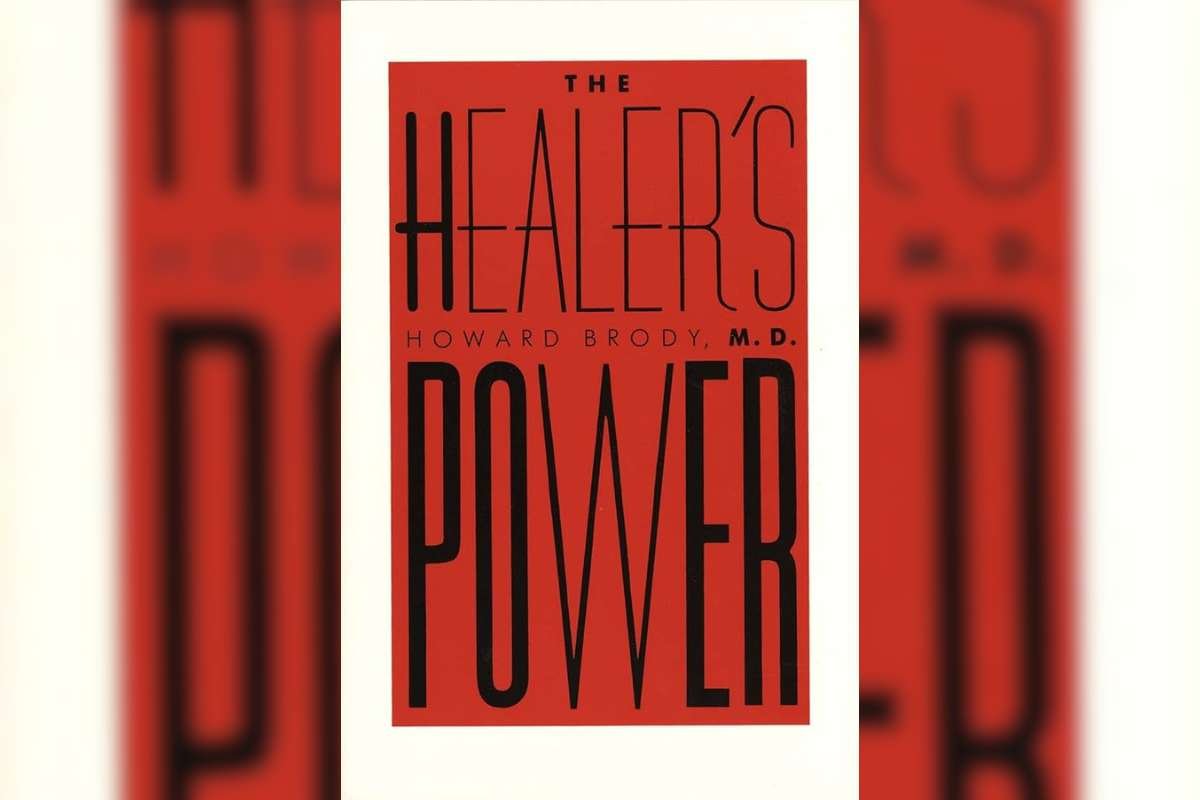Medicine isn’t just about pills and procedures; it’s about people. And when people are involved, choices get complicated. Do you save one patient or many? Should doctors tell the full truth when it might cause fear? These questions make medicine more like a detective game of ethics than a scientific experiment. That’s where Medical Ethics Books step in. They don’t just talk about right or wrong; they help us see the human side of every medical choice. If you want books that make you think, laugh a little, and sometimes drop your jaw, this list is for you.
15 Best Medical Ethics Books With Detailed Descriptions
1. Principles of Biomedical Ethics – Tom Beauchamp & James Childress

Often called the backbone of modern medical ethics, this book introduces four golden principles: autonomy (respecting patient choices), beneficence (acting in the patient’s best interest), non-maleficence (avoiding harm), and justice (fairness in treatment). First published in 1979, it has shaped decades of teaching and practice in healthcare. Students and professionals worldwide still treat it as the “go-to” guide for understanding ethical frameworks.
2. Medical Ethics: A Very Short Introduction – Tony Hope
Part of the Oxford “Very Short Introduction” series, this small book packs a big punch. It simplifies complex debates like euthanasia, informed consent, and patient privacy into everyday language. Readers who are new to the subject appreciate its clarity, while professionals enjoy its ability to refresh core concepts quickly. It’s the kind of book you can finish in an afternoon yet keep referring back to for years.
3. Doing Right: A Practical Guide to Ethics for Medical Trainees and Physicians – Philip C. Hébert
This is not just a textbook; it’s a survival manual for medical students, interns, and even seasoned doctors. Filled with real hospital cases, it addresses questions like: What if a patient refuses life-saving treatment? Or how do you balance honesty with compassion? Dr. Hébert explains how to apply ethical reasoning when time is short and pressure is high, making it one of the most practical guides available.
4. Case Studies in Biomedical Ethics – Robert M. Veatch
Instead of abstract theories, this book uses real-life case studies to show how ethical decisions play out in hospitals, labs, and research centers. Topics range from organ donation to experimental treatments, each presented with multiple perspectives. Readers get to act like investigators, analyzing the “why” behind every decision. It’s perfect for classroom debates or group discussions.
5. The Oxford Handbook of Medical Ethics and Law – Edited by Tony Hope
A hefty and comprehensive handbook, this book blends law and ethics, showing how rules and morals intersect in medicine. From patient confidentiality to medical negligence, it gives doctors a roadmap when legal requirements clash with human values. Lawyers, students, and healthcare professionals alike keep it close as a trusted reference guide.
6. Clinical Ethics: A Practical Approach to Ethical Decisions in Clinical Medicine – Albert Jonsen, Mark Siegler, William Winslade
Often called the “Bible of Clinical Ethics,” this book provides a step-by-step method for handling dilemmas at the bedside. Imagine being a doctor deciding whether to continue life support or stop it. This book gives you tools to navigate such moments. Known for its clear format and practical approach, it has been used by generations of medical students and physicians worldwide.
7. The Healer’s Power – Howard Brody

This book explores the invisible power doctors hold over patients and the importance of using it responsibly. Brody shows how trust, honesty, and empathy are at the heart of good healthcare. Instead of focusing only on rules, he emphasizes relationships, making it a refreshing and deeply human take on medical ethics.
8. Ethics and Values in Healthcare Management – Souzy Dracopolou
Medicine isn’t just about doctors and patients; it also involves hospitals, budgets, and policies. This book tackles administrative ethics, focusing on fairness in decision-making, the cost of treatments, and how to manage limited resources without compromising care. It’s especially useful for healthcare managers and students who want to understand the bigger system.
9. Bioethics: Principles, Issues, and Cases – Lewis Vaughn
This book combines philosophy with medical practice, presenting debates on issues like cloning, organ transplants, genetic testing, and patient rights. Each topic comes with clear explanations, case studies, and questions that spark critical thinking. It’s often used in college bioethics courses because it engages readers while teaching complex principles.
10. From Birth to Death and Bench to Clinic: The Hastings Center Bioethics Briefing Book
Written by experts at the Hastings Center, one of the world’s leading bioethics institutes, this book covers ethical challenges across the human lifespan. From fertility treatments to aging and end-of-life decisions, it brings together multiple voices in medicine, law, and philosophy. It’s not just a book but a reference guide for policymakers, doctors, and students.
11. Patient Care and Professionalism – John Spandorfer
This book focuses on the values that shape the doctor-patient relationship: compassion, integrity, and professionalism. Instead of diving into abstract debates, it gives practical lessons on how doctors should behave when facing sensitive situations. It’s a reminder that good medicine is not just about science but also about character.
12. Health Care Ethics: Critical Issues for the 21st Century – Edited by Eileen Morrison
As healthcare rapidly changes, so do ethical challenges. This book looks at modern issues like telemedicine, global health, pandemic responses, and digital privacy. It blends theory with real-world examples, making it easy for readers to understand how new technologies and global challenges shape medical ethics today.
13. At the End of Life: True Stories About How We Die – Lee Gutkind

This isn’t a dry textbook; it’s a collection of heartfelt essays about death, hospice care, and the final choices patients make. Written by doctors, nurses, and families, the stories show the human side of medicine at the end of life. It’s emotional, thought-provoking, and an essential read for anyone interested in palliative care and dignity in dying.
14. The Birth of Bioethics – Albert R. Jonsen
How did medical ethics become its field? This book tells the story. Covering famous cases, debates, and turning points in history, Jonsen explains how society shaped the rules we now follow in healthcare. It’s part history lesson, part ethical guide, and it helps readers appreciate how far medicine has come.
15. Humanity at the Heart of Medicine – Edited by Brian D. Earp
This modern book brings ethics back to its emotional core: humanity. It blends science with empathy, showing how doctors can balance cutting-edge technology with compassion. With contributions from medical professionals and philosophers, it highlights real-world examples of care that put the patient first. It’s especially relevant in today’s fast-paced, tech-driven healthcare world.
Also Read:
- You Can’t Miss These 25 Must-Read Medical Books
- 20 Pharmaceutical Industry Books That Cover Everything You Need to Know
- 15 Genomics Books That Will Blow Your Mind about DNA and Life
Why Read Medical Ethics Books?
Reading Medical Ethics Books isn’t just for doctors. They help students, nurses, policymakers, and even everyday readers understand the “why” behind medical decisions. These books bring out real human stories that remind us that medicine isn’t just about curing bodies, it’s about respecting lives.
Tips for Choosing the Right Medical Ethics Books
- Pick books with real case studies for practical insights.
- Choose updated editions to match today’s healthcare challenges.
- Mix heavy academic books with lighter reads for balance.
- Look for authors who are both doctors and ethicists; they bring real-life wisdom.
Also Read:
- You Can’t Miss These Best Mental Health Books That Actually Help!
- Popular Psychology Books That Will Change How You See Life
- What’s Inside? Sneak Peeks at the Best Life Sciences Books of the Year
Conclusion
If medicine were only about science, robots could do it. But because humans are at the heart of it, ethics becomes the soul of healthcare. These Medical Ethics Books remind us that every prescription and every surgery comes with a choice, one that defines not just medical outcomes but human values. So, grab a book, keep your mind open, and remember: ethics isn’t a burden in medicine, it’s the heartbeat that keeps it alive.







